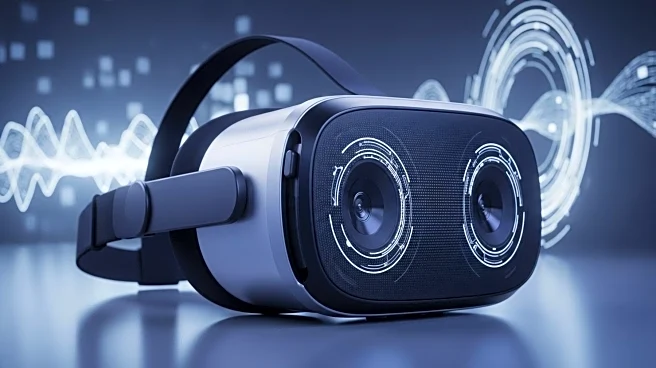What is the story about?
What's Happening?
Hideo Kojima, renowned for his work on Metal Gear and Death Stranding, has shared insights into how the 1970 World Expo in Osaka, Japan, influenced his creative vision. Kojima credits the Expo, themed 'Progress and Harmony for Mankind,' with shaping his global perspective and future-oriented approach. He recalls the diversity and technological advancements showcased at the event, which left a lasting impact on his work. Recently, Kojima attended Expo 2025, a follow-up event, but expressed disappointment in its lack of ambition and futuristic vision. He noted that the organizing committee had approached him for ideas, but his proposals were deemed too costly, leading to no further contact.
Why It's Important?
Kojima's reflections highlight the significant role cultural and technological events can play in shaping creative industries. His critique of Expo 2025 underscores concerns about the current state of globalism and future visions, suggesting a potential stagnation in innovative thinking. This sentiment may resonate with stakeholders in the gaming and technology sectors, who rely on visionary ideas to drive progress. Kojima's experience also raises questions about the allocation of resources and the willingness to invest in ambitious projects that push boundaries.
What's Next?
The discourse initiated by Kojima's comments may prompt organizers of future Expos to reconsider their approach to showcasing technological advancements and cultural diversity. There could be increased pressure to deliver events that inspire and captivate audiences, particularly younger generations. Additionally, Kojima's insights might influence other creators to advocate for more ambitious and forward-thinking projects, potentially leading to collaborations that challenge conventional limitations.
Beyond the Headlines
Kojima's reflections offer a deeper understanding of how personal experiences and historical events can shape creative visions. His critique of Expo 2025 highlights a generational shift in perceptions of the future, suggesting that younger audiences may have different expectations and aspirations. This generational dynamic could influence cultural and technological trends, as creators and organizers strive to meet evolving demands.















